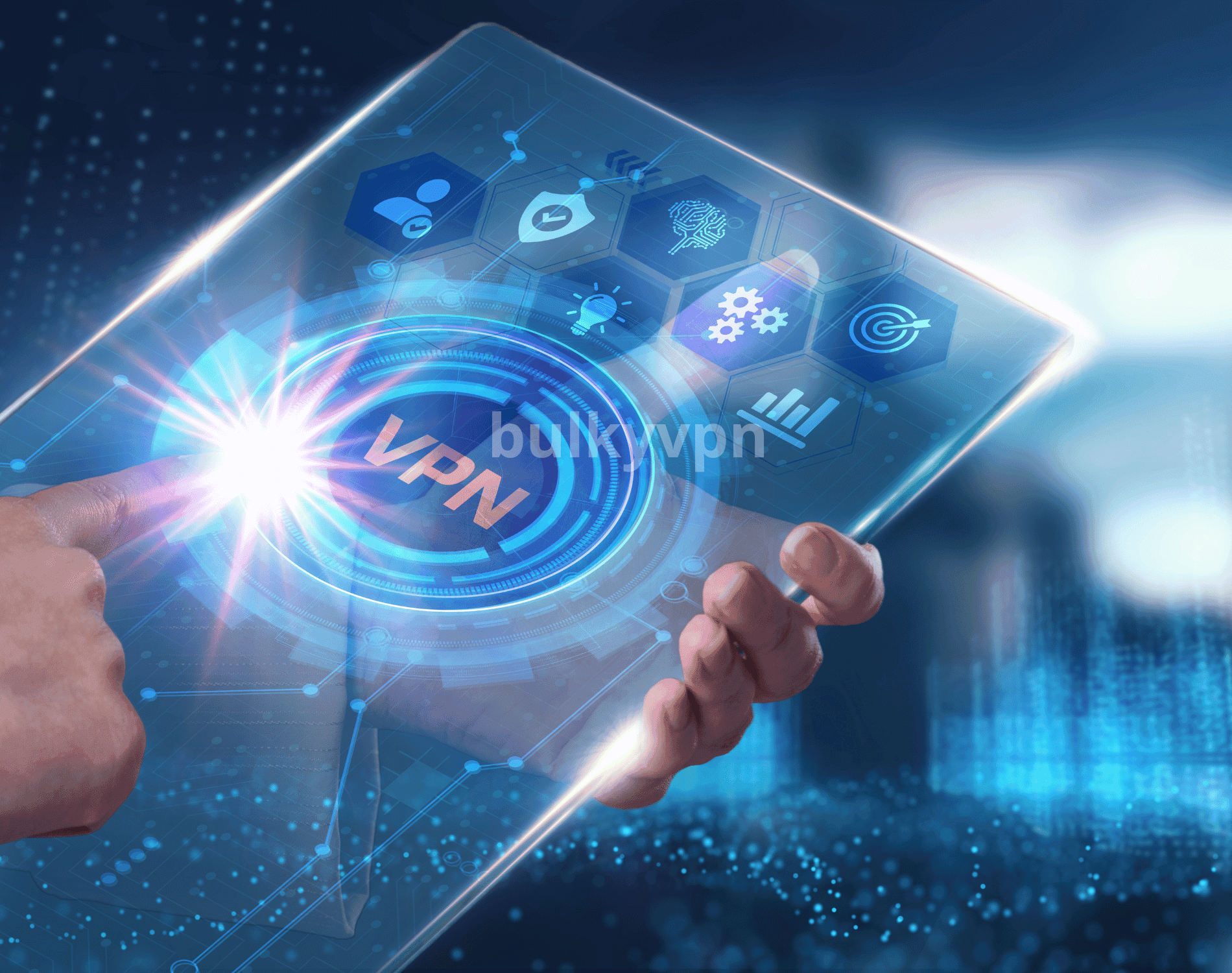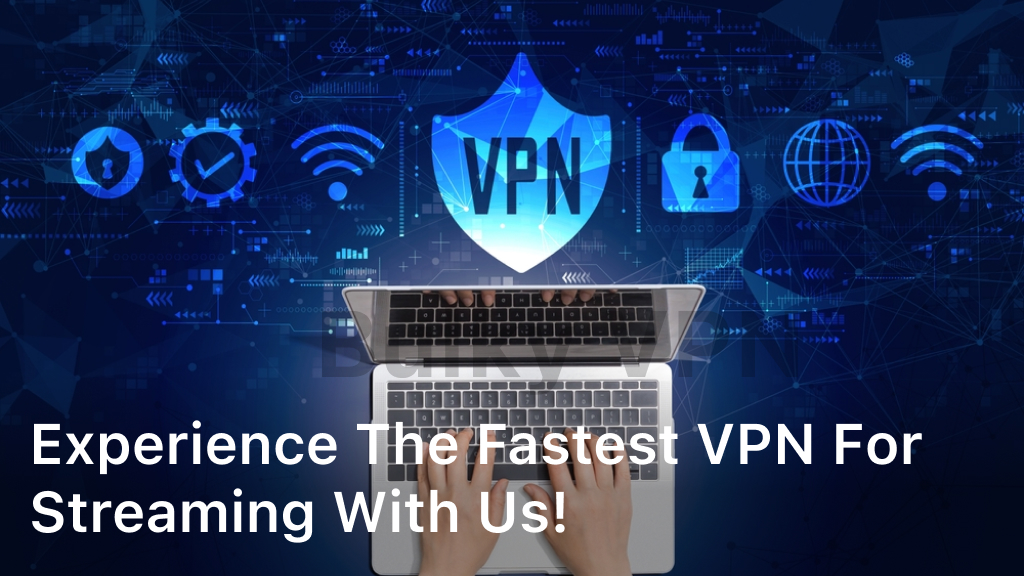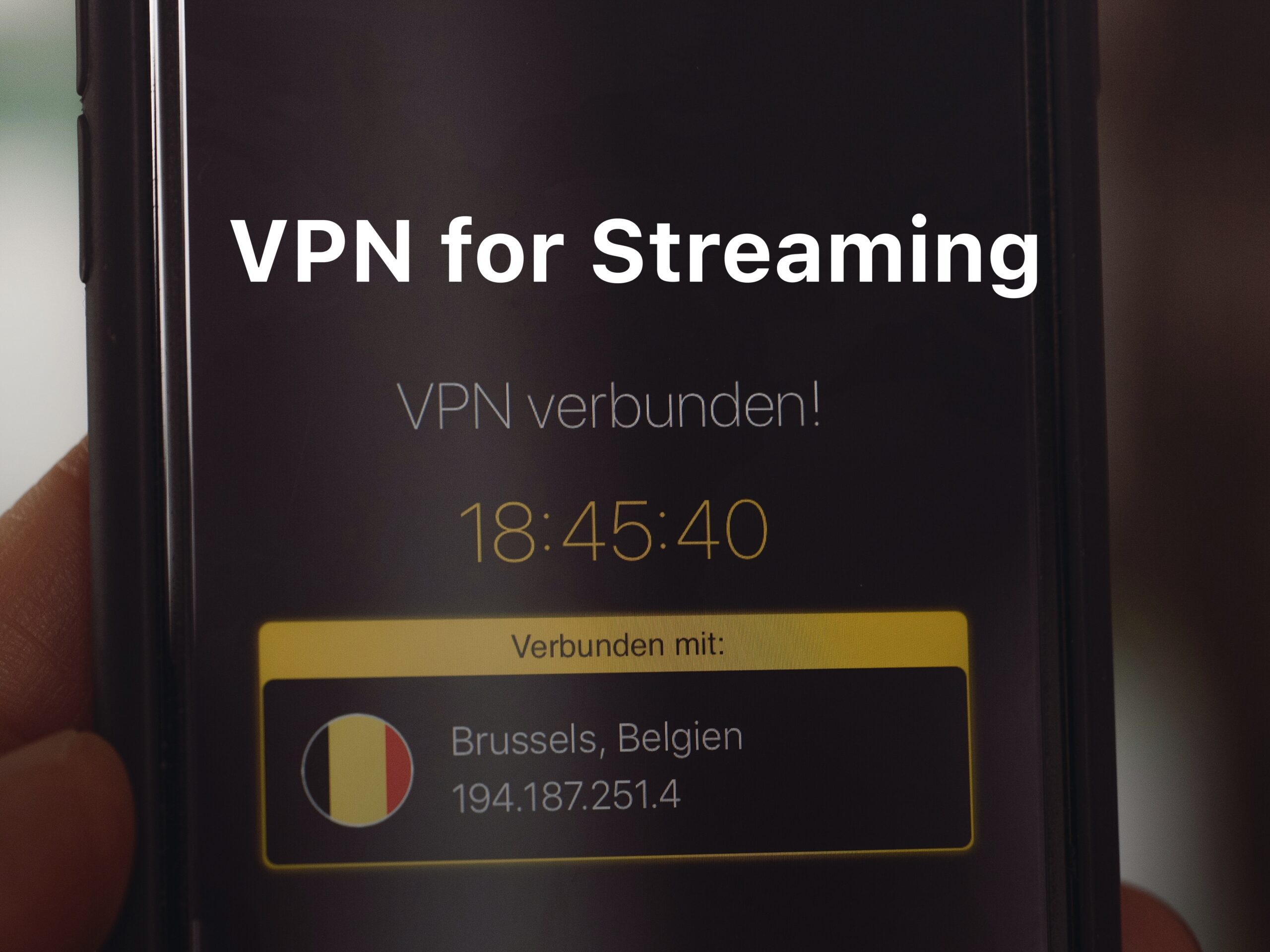
Should you use a free VPN or a paid VPN? Or, perhaps a better way to ask this question: Why pay for a VPN when free options are available? This is a common question, I wanted to take the time to give you a complete answer. This difference between a Free VPN and Paid VPN can help you determine which plan makes sense for your situation.
Are free VPNs really free?
All VPN providers incur high overhead costs when providing services. They need to manage or rent servers in different countries/regions, invest in encryption technology, software development, and customer support.
These costs are not easy to expand, and add up quickly.
With all these costs, how can a free VPN really be free?
One thing is certain: VPN companies have to make their money somewhere. I can assure you that no VPN can provide community services for Internet users.
Unfortunately, most users don’t consider this before going to bed with a free VPN.
How Do Free VPNs Make Money?
Let’s take hotspot protector as an example. Hotspot is a highly rated consumer VPN with a free version that can use up to 750MB per day.
According to data from the Center for Democracy and Technology, in 2017, Hotspot Shield was accused of intercepting traffic and redirecting it to partner sites such as online advertising companies.
Hotspot Shield denies these allegations, saying that users’ online privacy has always been their “top priority”. However, they have not explained how to run the service for free.
The problem is not limited to Hotspot Shield.
In a study of 283 free VPN apps on Android, it was found that nearly 40% of free VPNs inject malware onto users’ devices to “create harmful ads”.
Ad-funded VPNs sell your data to large corporations, advertising agencies and corporate marketing departments. This is the opposite of what a good VPN is supposed to do. Most are get-rich-quick scams (learn more about fake VPNs here).
The reason for getting a VPN is to increase online security. Free VPNs cannot do this.
Protect your traffic , Free VPN vs. Paid VPNs
Ensuring privacy, security, and uninterrupted Internet access to geo-restricted content requires investment in secure infrastructure and evolving technologies.
This is the promise of a great VPN for customers. I suggest you pay for a VPN for many reasons. This includes:
- They lose the most: As with any security technology, trust plays an important role in this process. I would rather trust a VPN company if they were found to have suffered a huge loss selling my data, than a free VPN that could simply close shop and reopen it under another name.
- Better security features: With a paid VPN, you can rely on advanced encryption and other features, such as Internet VPN Kill Switch, to ensure anonymity while browsing the web.
Proven encryption paid VPNs are proven to be encrypted. Did you know that in the CSIRO study mentioned above, it was also found that 18% of free VPNs do not encrypt traffic at all?. Free VPNs not only lack many advanced features, but the level of encryption supported may be insecure.
limitations, and overall quality of service they provide. Here are some key distinctions:
- Cost: Free VPNs are, as the name suggests, available at no cost, while paid VPNs require a subscription or a fee.
- Server Network: Paid VPNs usually have a larger server network with a wider geographical coverage, offering more options for choosing server locations. Free VPNs typically have a more limited server network.
- Data Transfer Limitations: Free VPNs often impose restrictions on data usage, such as bandwidth caps or data limits per day/month. In contrast, paid VPNs usually offer unlimited data usage.
- Speed and Performance: Paid VPNs generally provide faster and more reliable connection speeds compared to free VPNs. Free VPNs may have slower speeds due to the high number of users sharing limited resources.
- Security and Privacy: While both free and paid VPNs encrypt your internet traffic, paid VPNs often employ stronger encryption protocols and security features. Free VPNs may have weaker encryption or even sell user data to advertisers to generate revenue.
- Customer Support: Paid VPNs typically offer dedicated customer support, including live chat, email, or phone support. Free VPNs often lack reliable customer support, or they may only provide basic assistance.
- Additional Features: Paid VPNs often offer extra features like ad-blocking, malware protection, split tunneling, or multi-hop connections, which are usually not available with free VPNs.
- Reliability and Trustworthiness: Paid VPN services tend to have a more established reputation and are more likely to be reliable and trustworthy in terms of maintaining your privacy and security. Free VPNs, on the other hand, may raise concerns about their intentions and potential risks associated with their business models.
It’s important to note that not all free VPNs are inherently bad, and not all paid VPNs are automatically superior. There are some reputable free VPN services available, but it’s crucial to research and choose carefully to ensure your privacy and security are adequately protected.





